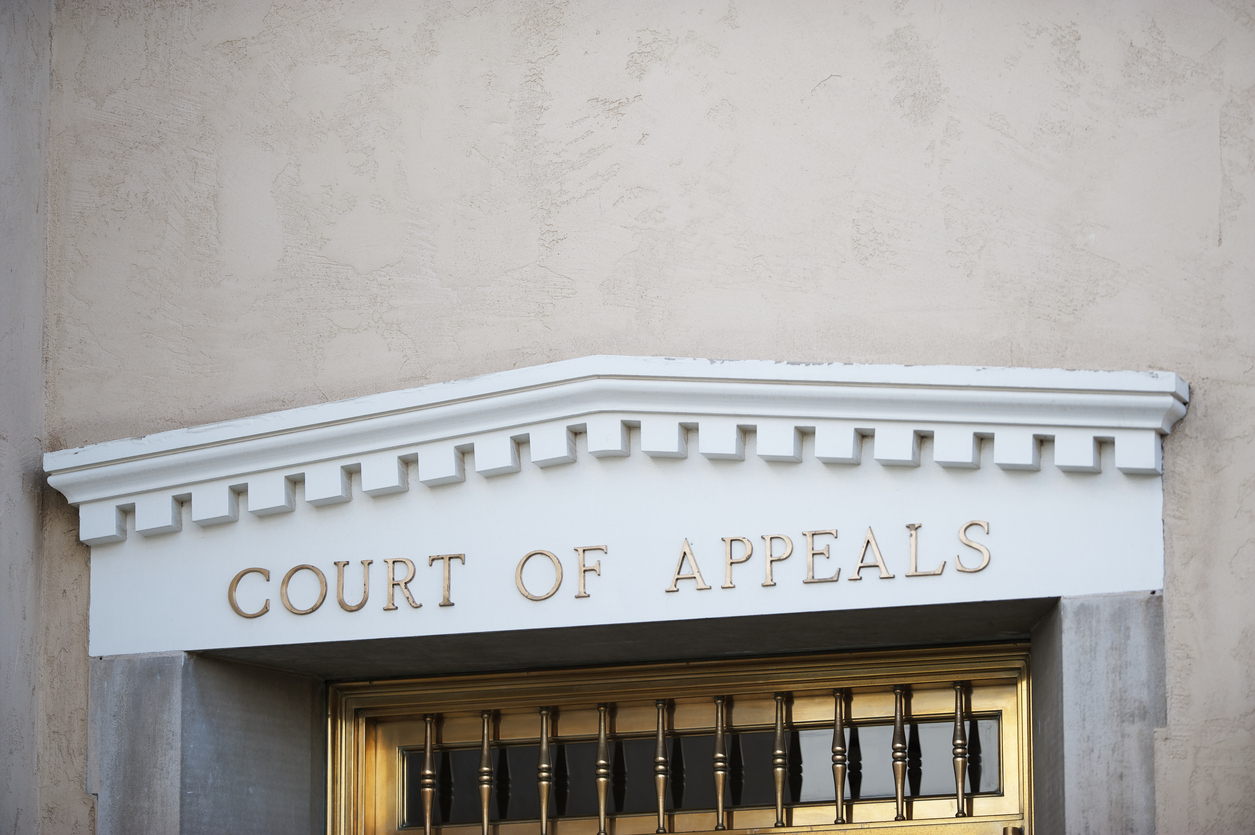Proof of Loss requirements have been a hot topic on the blog this week. As part of my series on North Carolina claims, I had to join the conversation and make sure those who have claims in North Carolina are aware of the requirements regarding Sworn Statements of Proof of Loss. In North Carolina, policyholders may be required by an insurance policy to submit a Proof of Loss even if the insurance company doesn’t request it. So it is critical for all policyholders to understand policy requirements for Proofs before the storm hits or the fire happens.
As I write this blog, I am leaving Charlotte, North Carolina, where my client was just questioned under oath about the Proof of Loss he submitted for his residential claim. The questioning was short because we followed the proof requirements to the letter.
For fire policies in North Carolina, the statute on proofs is N.C. Gen. Stat. §58-44-16(f)(13), and it requires:
The insured shall give immediate written notice to this insurer of any loss,
Within 60 days after the loss, unless that time is extended in writing by this insurer, the insured shall render to this insurer a proof of loss, signed and sworn to by the insured, stating the knowledge and belief of the insured as to the following:
- the time and origin of the loss,
- the interest of the insured and of all others in the property,
- the actual cash value of each item of the property
- the amount of loss to the property,
- all encumbrances on the property,
- all other contracts of insurance, whether valid or not, covering any of the property,
- any changes in the title, use, occupation, location, possession, or exposures of the property since the issuing of this policy,
- by whom and for what purpose any building described in this policy and the several parts of the building were occupied at the time of loss and whether or not it then stood on leased ground,
- and shall furnish a copy of all the descriptions and schedules in all policies and, if required, verified plans and specifications of any building, fixtures, or machinery destroyed or damaged. The insured, as often as may be reasonably required, shall exhibit to any person designated by this insurer all that remains of any property described in this policy, and submit to examinations under oath by any person named by this insurer, and subscribe the same; and, as often as may be reasonably required, shall produce for examination all books of account, bills, invoices, and other vouchers, or certified copies of them if originals are lost, at such reasonable time and place as may be designated by this insurer or its representative, and shall permit extracts and copies of them to be made.
This means insureds need to give unrequested, written notice within 60 days with a Proof of Loss unless the time is extended in writing by the insurance company. Some policies extend the time by specific policy language in the Duties After a Loss section. But please remember, this written extension from the insurer does not apply for NFIP flood losses. The 60-day requirement to file a sworn Proof of Loss for flood claims can be extended or waived only by the Administrator of the National Flood Program, in writing. Failure to timely file a flood Proof of Loss is fatal to a claim.
Proofs of Loss are so very important because of the statutory and policy requirements. Assistance should be sought if an insured has any questions about this legally binding form. Just glancing at all of the requirements listed above can be daunting and overwhelming for a homeowner or business owner who has just suffered a devastating loss. If you have the slightest question about what the form requires, seek representation. Proofs of Loss are signed and affirmed by policyholders as true and correct documents. However, because of the unfamiliarity of the process, it is not uncommon for an insured to make a mistake on the form. As in many states, if an insured falsely swears a Proof of Loss in North Carolina, the entire policy is void. See N.C. Gen. Stat. §58-44-16(f)(2)), Issues of whether the Proof of Loss has false information or just mistaken information if frequently litigated; a minor mistake can be expensive and cause extensive delay in recovering benefits.
The sixty-day time limit for Proof of Loss is strictly enforced in the Old North State. But under certain circumstances, insureds can proceed with a claim when a Proof of Loss is late, if there is no prejudice to insurer and the insured acted in good faith. Remember, this is not true for flood losses. And this court battle that can be avoided if insureds are aware of policy requirements and sensitive of the severity of this deadline. See Smith v. N.C. Farm Bureau Mut. Ins., 321 N.C. 60, 361 S.E.2d 571 (1987).
Generally, insurance adjusters have authority to waive the sixty-day limitation for filing Proofs of Loss, but policyholders should be get extensions and waivers in writing from their insurance carrier. See Vail v. Vermont Mut. Fire Ins. Co., 14 N.C. App. 726, 189 S.E.2d 527 (1972); Horton v. Iowa Mut. Ins. Co., 9 N.C. App. 140, 175 S.E.2d 725 (1970). In North Carolina, the Proof of Loss form often comes in a letter from the insurance company or from a field adjuster, but any casual conversations or statements from a carrier’s representative about the due date of the Proof should be confirmed by the policyholder in writing. Memories fade and people change jobs, but a letter will remain a proper record of this agreement.
North Carolina Law also requires insurance companies to respond to Proofs of Loss. Insureds should expect a carrier to affirm or deny coverage within a reasonable time after the Proof is submitted. Check individual policies for timeframes, usually 30 days is the normal response time. It can be an unfair claims settlement practice in North Carolina for an insurer not to responded within a reasonable time[1]
Here is a link to Merlin Law Group’s other blog posts that describe the purpose and other helpful info on Proofs of Loss.



